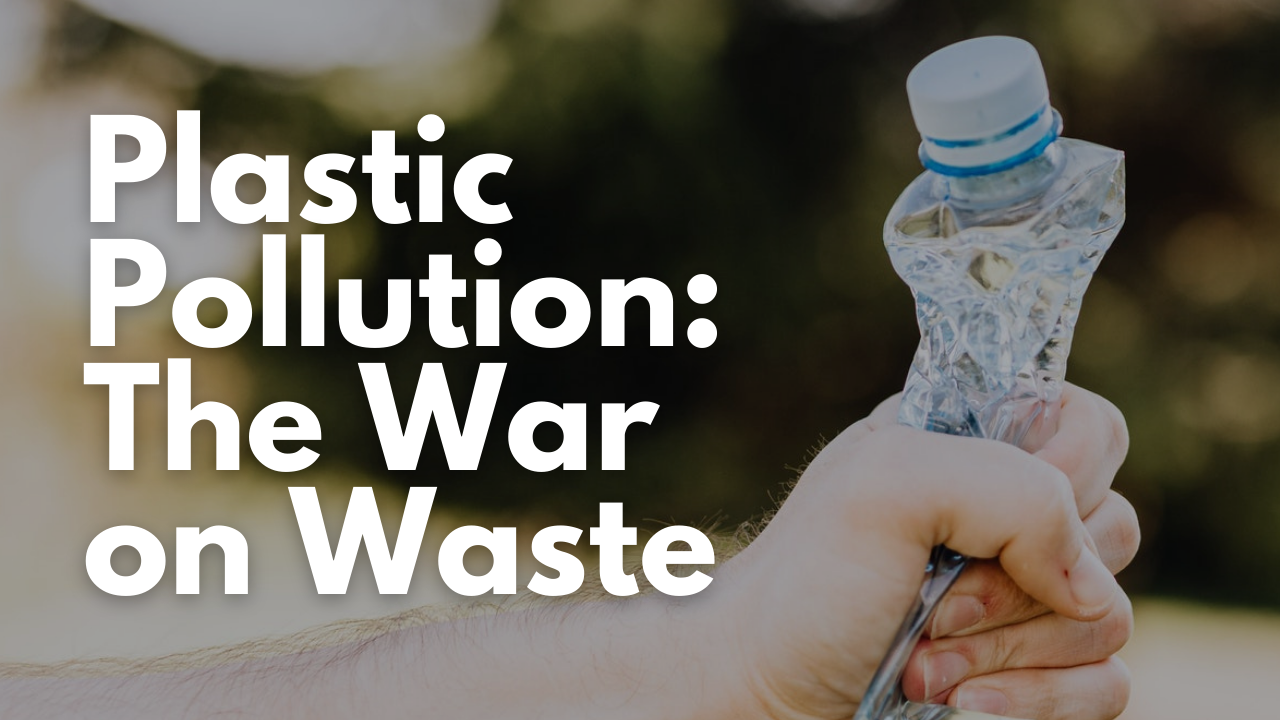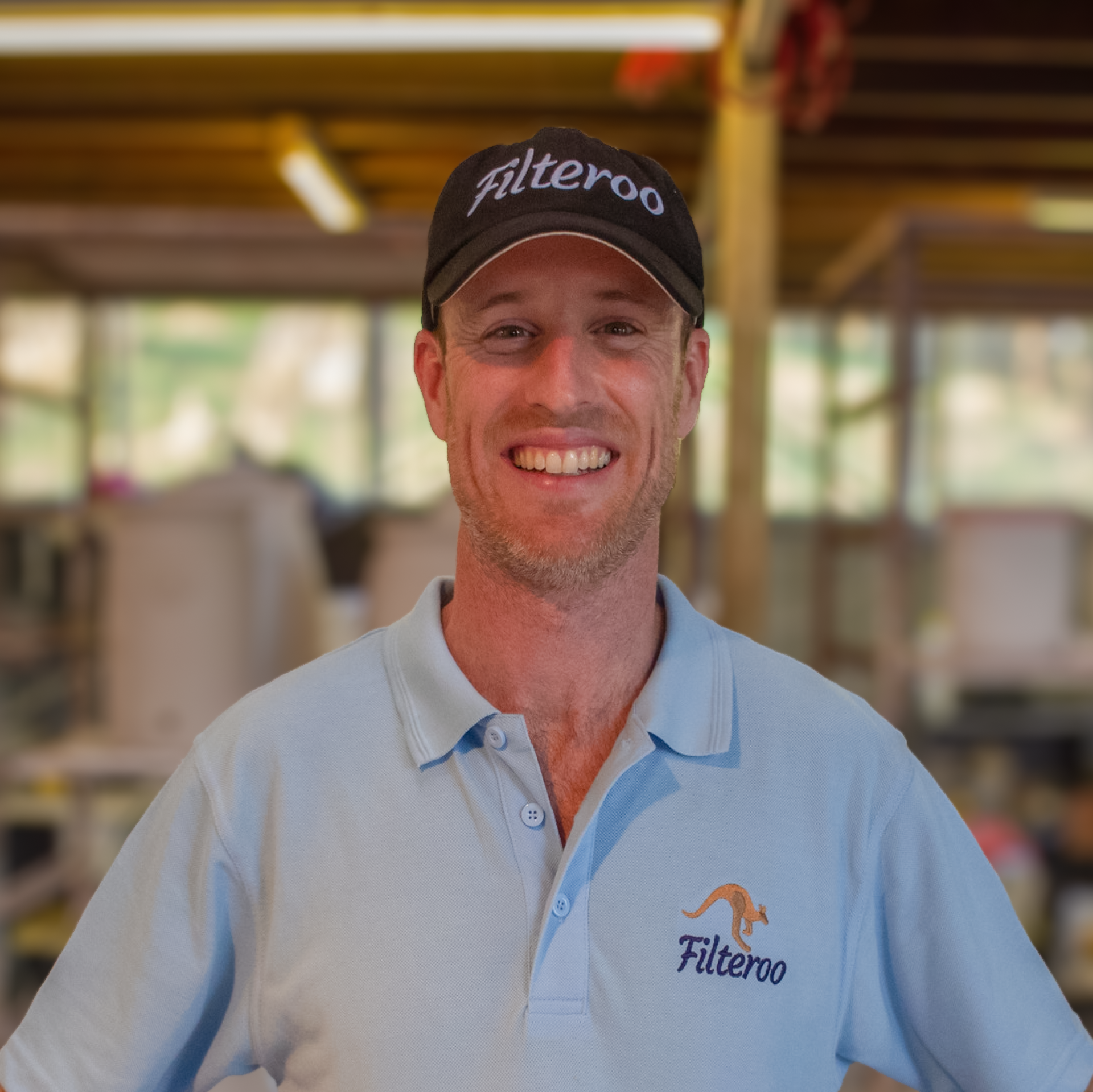We have a massive issue on our hands in 2022, and it continues to grow without our conscious attention. That is the issue of plastic pollution in our environment.
Plastic pollution is the accumulation of plastic objects and particles in the Earth's environment that adversely affects humans, wildlife and their habitat.
Here is everything you need to know about the plastic pandemic we face.

What are single-use plastics?
Single-use plastic is made primarily from fossil fuel-based chemicals, which are meant to be recycled immediately after use. Instead, these plastics are mostly discarded unconsciously.
Single-use plastics can be anything from drink bottles, food wrappers, straws, spoons and forks to full-size plastic shopping bags.
Since the 1970’s plastic use has skyrocketed, starting with simple things like swapping glass milk bottles for plastic packaging.
There are some uses for plastic that are more practical such as surgical gloves and masks or plastic straws for the disabled.

What’s the problem with plastic?
The plastic pollution problem isn’t always as obvious to see initially, but the more you look, the more glaringly obvious the tragedy appears.
An alarming 91% of all plastic is not recycled.
Read that again.
91% or more ends up in landfills or in our environment where they are blown or otherwise carried by rain or floods into rivers, streams, lakes or oceans.
Even small items such as straws, bags and cutlery fall into the crevices of recycling machinery and therefore are most often not accepted by recycling centres. As a result, they too end up in landfills and our environment.

Left to nature, a single plastic bottle takes approximately 450 years to decompose. So instead, plastic rubbish is left in our environment. Over time, these plastics break down into smaller plastics, known as microplastics, which end up inside marine animals and even inside of our bodies.
Microplastics are a severe problem for wildlife as they are eaten and accumulated inside animals' tummies, causing health issues such as damaged organs or fatal intestinal complications.
Many of the chemicals in plastics are proven hormone and endocrine disruptors which studies show causes hormonal imbalances, reproductive problems and even cancer.
Our obsession with plastic also takes its toll on the climate. Studies show that plastic contributes to global warming greenhouse gas emissions.
Avoid Single-Use Plastics
It’s as simple as that.
If consumers stopped buying single-use plastics altogether, manufacturers would have no choice but to stop producing. However, since mass corporations rely so heavily on the public to purchase their products, making it harder for them to make the first move can also be a conflict of interest.
There are many ways we can all contribute to making this problem go away. For example, simply switching from using single-use plastic bottles to buying a stainless steel or glass bottle will spare the environment of damage by hundreds of bottles every year.

Ways We Can Avoid Plastic
We can all do little things to curb the toll our plastic pollution is taking on our planet.
- Take a reusable shopping bag when you do your grocery shopping
- Cook more, instead of buying takeaway or products that come in plastic packaging
- Buy in bulk
- Always avoid plastic cutlery when eating out
These may seem small and insignificant but are essential steps to making a difference to the plastic problem that seems WAY out of control in our world today.
Join us in supporting our planet’s healing journey by making a decision now to avoid using plastic bottles for good, and switch to glass or stainless steel instead.
Together we can make a difference.




